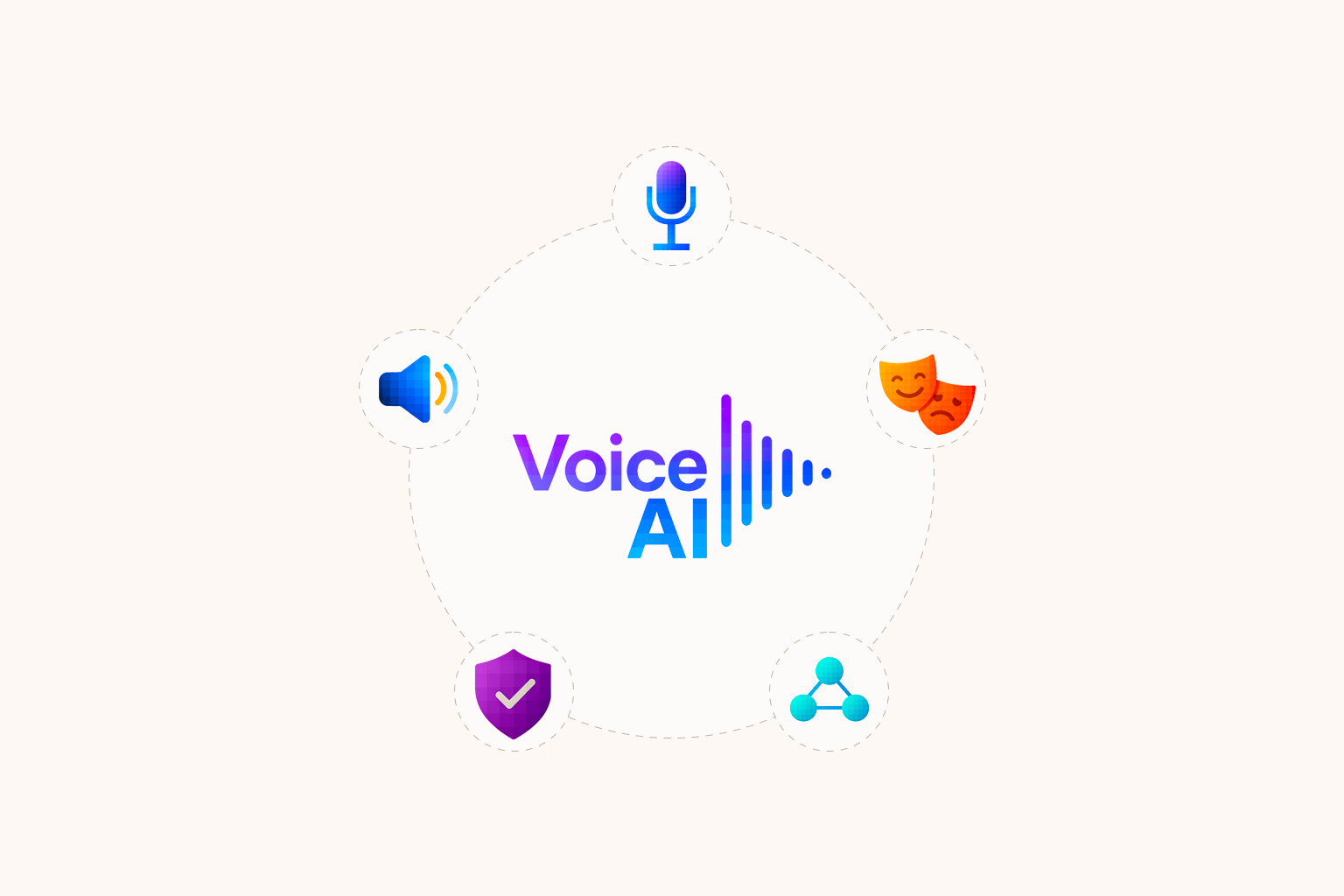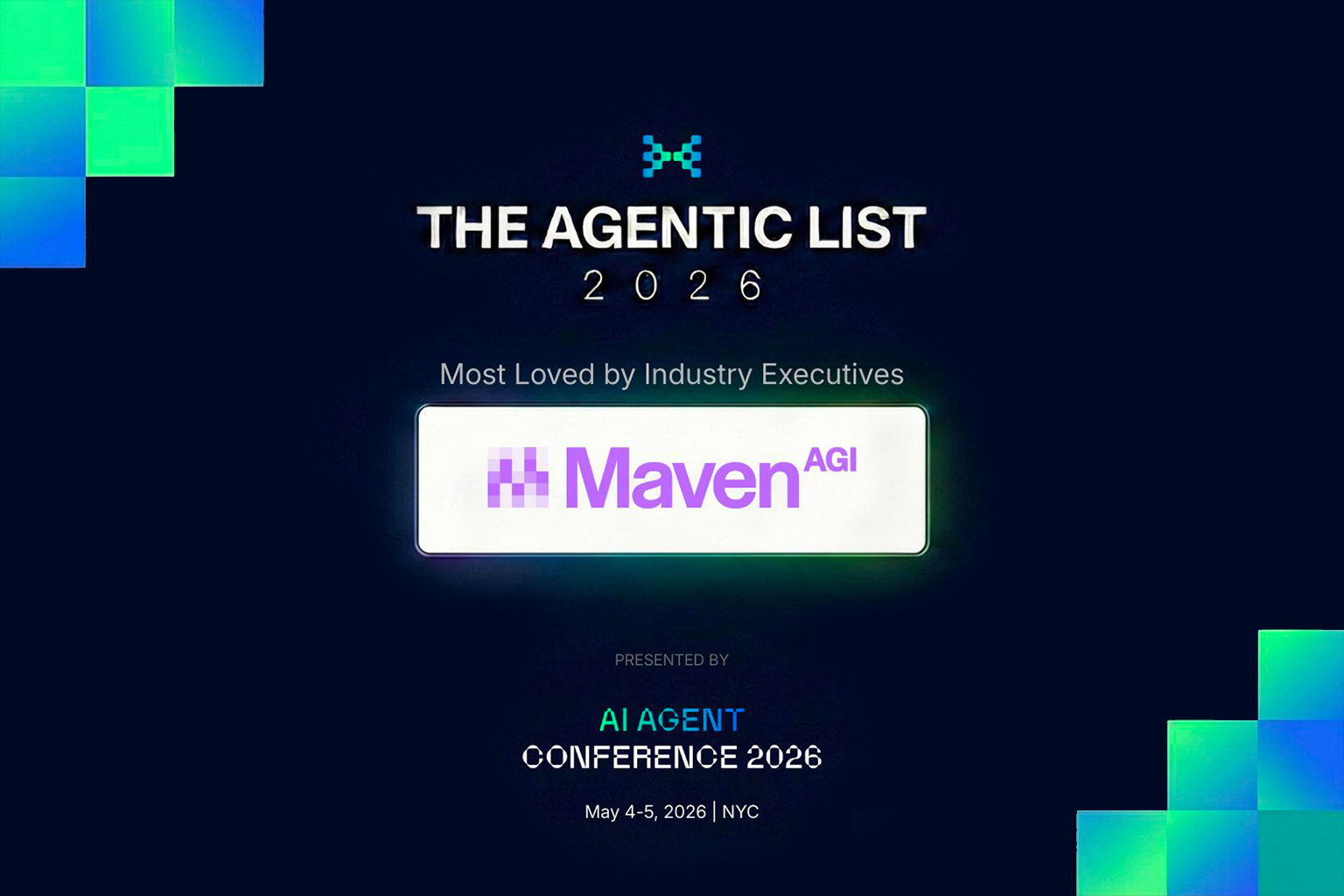
When something goes wrong, customers don’t type — they call. A missed delivery, a surprise charge, or an urgent request sends them straight to the phone. Voice may be the most personal channel, but it’s also the hardest to automate. For CX leaders, the task isn’t just finding advanced technology; it’s choosing a partner that can meet these high-stakes moments without adding friction.
That’s why evaluating AI voice vendors requires more than a feature checklist. The real test is asking the questions that reveal how a system performs under real-world conditions.
Here are five questions to put in front of every AI voice vendor.
1. “How does your system handle interruptions, topic shifts, and emotion in real time?”
Conversations rarely follow a script. Customers pause, backtrack, or change their tone when frustration rises. A strong AI voice platform should detect these cues instantly, adjust its response, and keep the conversation moving forward. Ask for examples of how it responds when a caller:
- Talks over the system mid-sentence.
- Switches topics without warning.
- Becomes agitated and needs a calmer response.
Why it matters: If the AI can’t adapt in these moments, you’ll see higher repeat-call volume and lower CSAT, no matter how natural it sounds in a demo.
2. “Can your voice agents perform reliably in noisy, high-stress environments?”
Demos often take place in quiet rooms. Real calls don’t. Customers may be driving, juggling kids, or dealing with a poor signal. Vendors should prove their models can filter background noise, understand accents, and handle mid-conversation language shifts without breaking down.
Why it matters: Your customers won’t wait for perfect conditions. If the AI fails outside the demo environment, your team ends up backfilling with humans and negating the ROI.
3. “How well does your platform integrate with my existing tech stack?”
Voice alone isn’t enough. To have real impact, AI can’t just resolve a call; it needs to plug into CRM, help desk, billing, and order systems but to connect the customer journey upstream and downstream. Ask whether the vendor offers prebuilt connectors, real-time data sync, and seamless handoff to human agents with full context.
Why it matters: Without deep integrations, voice becomes another silo. When the right connections are in place, AI agents can do more than just resolve the issue in front of them: they can update records, trigger follow-up actions, and carry context across systems. That transforms individual resolutions into a streamlined, end-to-end workflow — one that delivers faster outcomes, reduces handoffs, and leaves customers feeling understood from start to finish.
4. “What options do we have to customize voices and workflows for different scenarios?”
Your customers expect consistency with your brand, not a one-size-fits-all persona. Ask whether you can adjust tone, pacing, or even switch to different voices depending on the purpose of the phone line, such as upbeat and energetic for onboarding, slower and more empathetic for sensitive support calls.
Why it matters: Flexibility ensures the AI fits your business, not the other way around. Without it, you’re locked into workflows and tones that may not match customer expectations.
5. “How do you ensure conversations are auditable, compliant, and secure?”
For industries handling financial, health, or personal data, compliance is table stakes. Vendors should be able to show clear audit trails: call transcripts, redacted fields, and adherence to standards like SOC 2, ISO 27001, PCI-DSS, or HIPAA. Ask whether every call is recorded, securely stored, and accessible for audit or QA review, with sensitive data automatically masked.
Why it matters: Without enterprise-grade safeguards, AI voice agents expose you to risk — from data breaches to regulatory fines — and erode customer trust. With the right protections, every interaction not only stays secure but also becomes a source of transparency and continuous improvement.
Voice automation isn’t just about reducing costs. It’s about meeting customers in the moments that matter most. These five questions cut through polished demos and reveal whether a vendor can handle the realities of your business: messy conversations, noisy environments, complex integrations, brand fit, and compliance at scale. Ask them directly and don’t settle for vague answers.
At Maven, we’ve built our platform to handle those same realities across chat, email, and beyond — trusted by companies like Thumbtack, TripAdvisor, and ClickUp to deliver secure, context-rich interactions at scale. With Maven Voice, we’re bringing that same enterprise-grade foundation to the phone channel, so CX leaders can finally extend automation into the moments that matter most.
Ready to see what high-impact voice interactions look like in practice? Book a demo today.
Don’t be Shy.
Make the first move.
Request a free
personalized demo.





.png)
